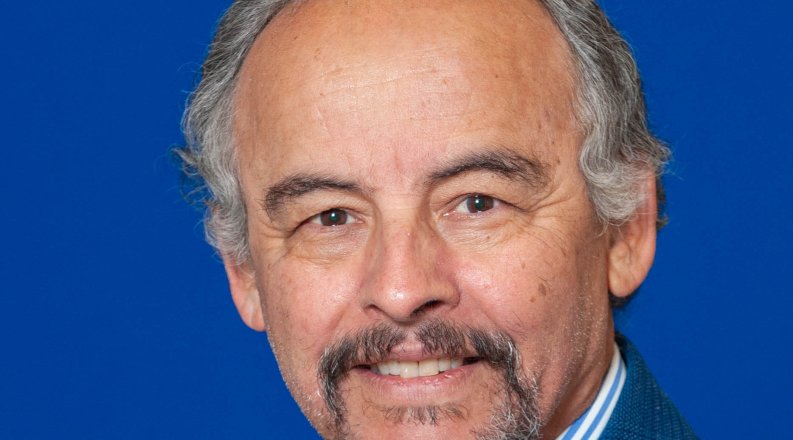Mounir Laroussi, professor in the Department of Electrical and Computer Engineering, has been named a Fellow of the American Physical Society (APS).
The Fellowship selection committee noted Mounir’s “pioneering work and seminal contributions to the physics and diagnostics of low-temperature plasma jets, elucidating their ignition and propagation mechanisms, and for introducing their groundbreaking biomedical applications.”
Almost twenty years ago Laroussi developed the first “bio-tolerant” cold plasma jet (the Plasma Pencil) that can be safely used in biomedical applications. Today, cold plasma jets are widely used for a variety of medical applications ranging from wound healing to cancer treatment.
Laroussi and his students also discovered a new physics phenomenon that occurs in cold plasma jets, called Guided Ionization Waves. In 2014 Physics Reports invited Laroussi and his collaborators to write a paper on guided ionization waves. This paper titled “Guided Ionization Waves: Theory and Experiments” became one of the most viewed papers of that journal.
The American Physical Society is a nonprofit organization that advances physics knowledge through research journals, meetings, and global outreach. It has over 50,000 members worldwide, including physicists from academia, national labs, and industry in the United States and abroad.
The APS Fellowship Program acknowledges members for their notable contributions in physics, which may include original research, innovative applications of physics to science and technology, impactful teaching, and active involvement in the Society's activities. Fellowship in the APS is a prestigious honor, recognizing no more than 0.5% of the Society's membership (excluding student members) annually, as elected by their professional peers.
"I am so honored by this recognition and thankful to the APS Division of Plasma Physics that recommended my work to the fellow selection committee," Laroussi said



